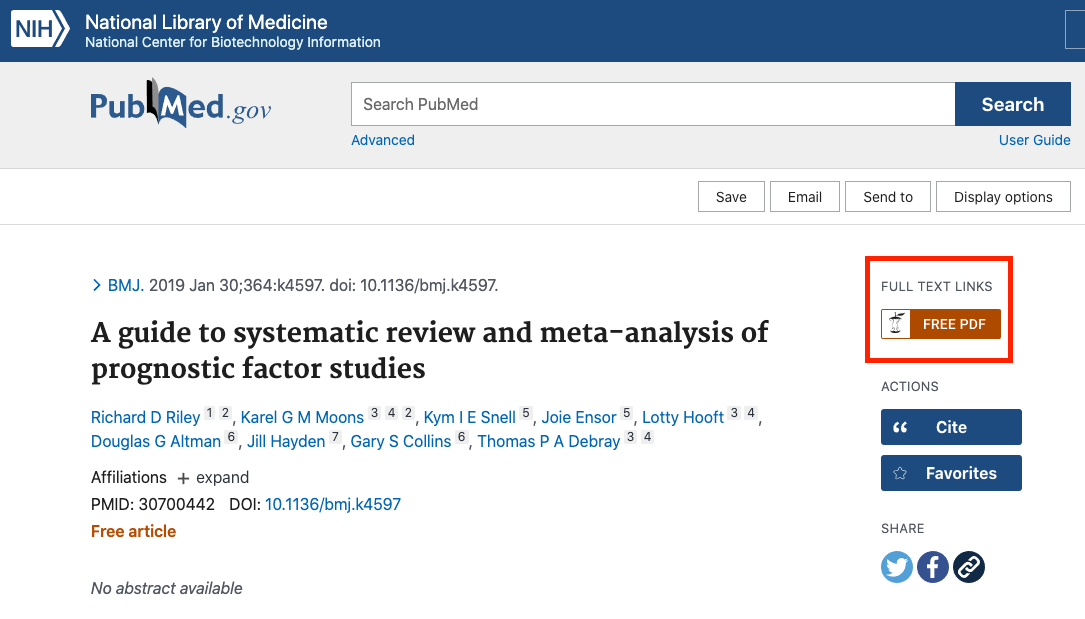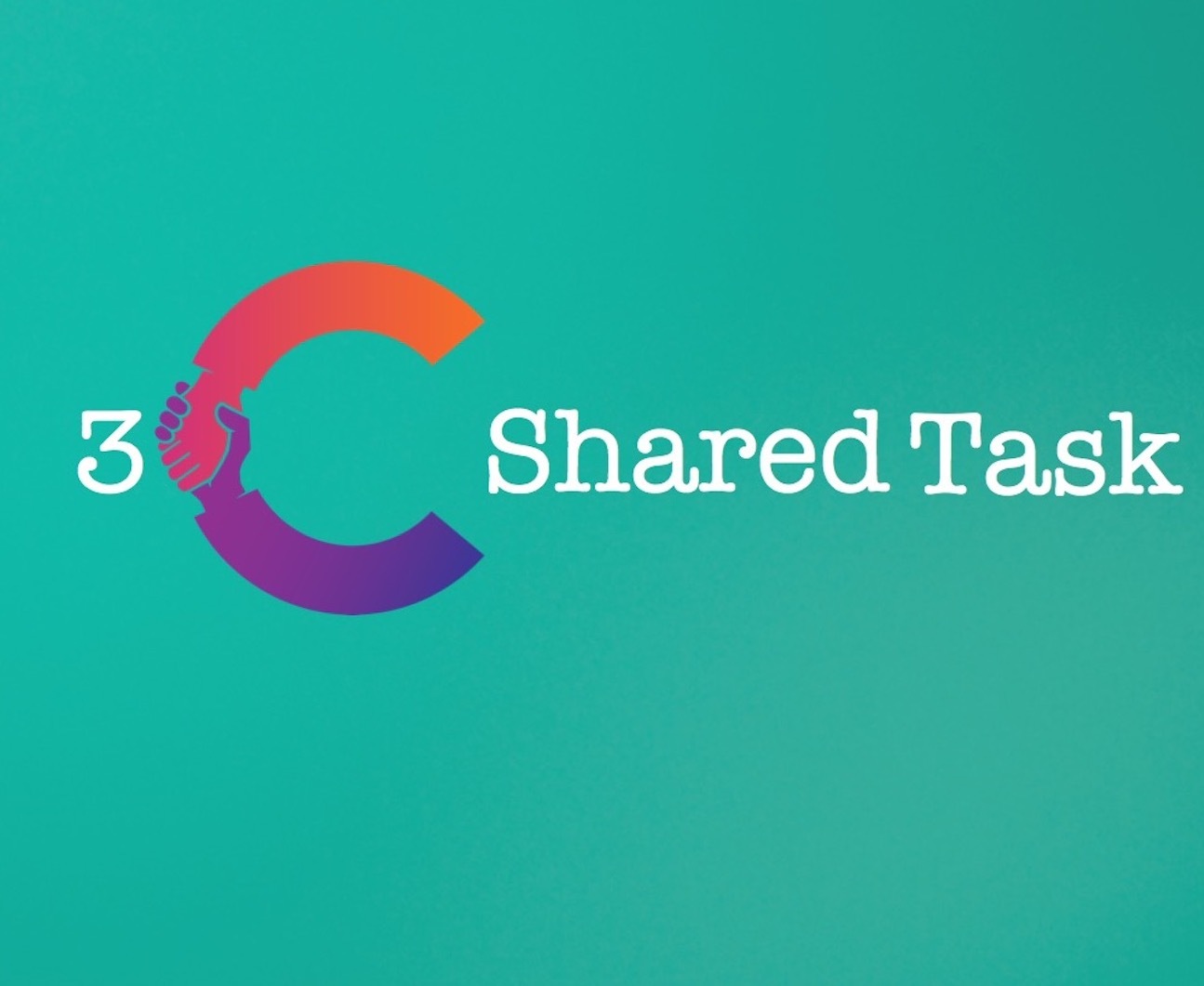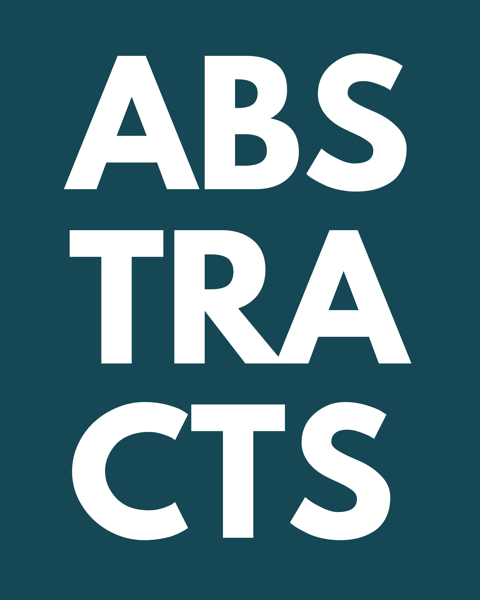
Much of CORE Team’s focus involves developing services that underpin open research. The updates for this half-year include numerous examples of this in action. You can find details about these and more news on the Jisc Research blog.

Much of CORE Team’s focus involves developing services that underpin open research. The updates for this half-year include numerous examples of this in action. You can find details about these and more news on the Jisc Research blog.

The need for administering automated methods for evaluating research is gaining more attention lately. The primary motivation for this is to replace the regular, more exhausting exercises like peer-reviewing and the not so sophisticated, less accepted wiser ways of ranking research works like Impact Factors, which solely depends on the citation-frequency. One such proposition is the utilisation of other citation aspects, such as function or importance, for redefining the current research evaluation decision frameworks, The recently concluded 3C citation context classification shared task based on purpose and influence is one such effort aimed at providing a unifying platform for researchers in this domain, to push research further in this direction. Read the continuation on the Jisc Research blog.
CORE Recommender is a plugin for repositories, journals and web interfaces that provides suggestions on relevant articles to the article a user is looking for. The source of recommended data is the base of CORE, which consists of over 25 million full texts from CORE. Today we have interviewed George Macgregor, Scholarly Publications & Research Data Manager at the University of Strathclyde, responsible for the Strathprints institutional repository. Read about his experience of using CORE Recommender on the Jisc Research blog.

Flowcite has teamed up with CORE, the world’s largest aggregator of open access research papers. The partnership will provide Flowcite users with free and unlimited access to millions of open access research papers from the CORE database.
CORE is delighted to partner with Flowcite and progress our aligned goals to make open research content available to all. By connecting our innovative solutions we continue to evolve the way research is being completed and increase the discoverability and usage of all research outputs.” Dr Petr Knoth, CORE Founder.

October to December 2020 CORE broke records, partnered with arXiv.org and continued improving our REF2021 compliance monitoring service. The CORE team had a busy end to 2020!
Our team concentrated on multiple areas, including collaboration with the open access community and new feature development. Find out more details on Jisc Research Blog.
CORE provides access to freely available full text papers which were previously unavailable in PubMed to enhance the experience of its users. This is delivered via the LinkOut service. Read the CORE blog post to find out more about this integration. Continue reading on Open Research blog.


The team continues to work on improving the CORE. This period was a highly productive period for CORE in terms of growing and developing our products.
You can found something interesting about:

The first edition of the shared task organised by the researchers at CORE, Knowledge Media Institute (KMi), The Open University, UK featured the classification of citations for research impact analysis. The new shared task, known as the 3C Citation Context Classification task, organised as part of the 8th International Workshop on Mining Scientific Publications (WOSP), 2020 and was hosted on the free data science competitions hosting platform, Kaggle InClass.
Read more at the link.

The I4OA was launched this September, calling for an increase in the volume of open abstracts. After having identified that either a large number of the published literature does not have open abstracts, or that available abstracts are currently disseminated via proprietary platforms with reuse restrictions, I4OA calls the publishing community to open up all abstracts of the published literature.
CORE fully supports the I4OA initiative as this matches CORE’s mission. By being an aggregator of research content available in thousands of repositories and journals, we understand how important it is for metadata of research papers, which includes the abstract, to be openly available.